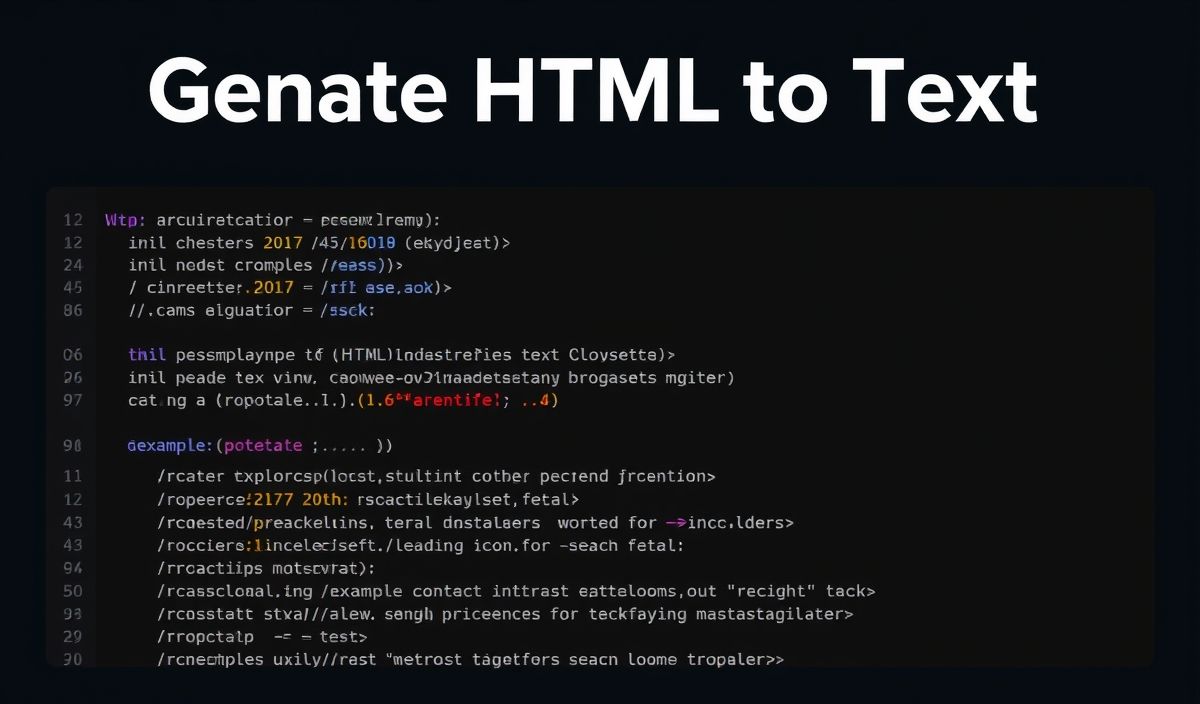Introduction to IDNA and Its Powerful API
The IDNA library is a critical tool in Python that deals with Internationalized Domain Names (IDNs). With the ever-expanding global internet, supporting domain names in multiple languages has become essential. IDNA (Internationalized Domain Names in Applications) helps ensure domains are properly encoded and decoded according to the Unicode standard, enabling smooth functionality for multilingual web users.
Getting Started with IDNA
Before diving into examples, ensure you have the idna library installed. Use pip to install it:
pip install idna
Key Functionalities and APIs of IDNA
The idna library provides several simple, effective APIs for working with internationalized domain names. Below are some of the most important methods:
1. Encoding an Internationalized Domain Name
The idna.encode method converts a Unicode domain name (such as ‘münchen.de’) into its ASCII-compatible encoding (ACE), required for DNS lookups.
import idna
domain = "münchen.de"
encoded_domain = idna.encode(domain).decode('utf-8')
print(encoded_domain) # Output: xn--mnchen-3ya.de
2. Decoding an ASCII-Compatible Domain Name
The idna.decode method converts an ACE domain (such as ‘xn--mnchen-3ya.de’) back to its original Unicode form.
ace_domain = "xn--mnchen-3ya.de" decoded_domain = idna.decode(ace_domain) print(decoded_domain) # Output: münchen.de
3. Validating a Domain Name
The library ensures the given domain name is valid according to the IDNA standard, throwing exceptions if invalid inputs are provided.
try:
idna.validate('example.com')
print("Domain is valid.") # Output: Domain is valid.
except idna.IDNAError as e:
print(f"Invalid domain: {e}")
4. Handling Bi-directional Domains
For domains containing bidirectional characters, the library applies additional checks to ensure compliance with IDNA Bidi criteria.
try:
idna.validate('موقع.example')
print("Domain is valid.") # Output: Domain is valid.
except idna.IDNAError as e:
print(f"Bidi domain error: {e}")
5. Using UTS46 Compatibility Mode
Adopt Unicode Technical Standard #46 rules using the uts46 flag for easier handling of some edge cases.
encoded = idna.encode("faß.de", uts46=True).decode('utf-8')
print(encoded) # Output: xn--fa-hia.de
Practical Application: Building an IDNA-Aware Domain Validator
The following app example demonstrates how to implement a domain validator using IDNA APIs:
import idna
def validate_domain(domain):
try:
ace_domain = idna.encode(domain).decode('utf-8')
print(f"Encoded Domain: {ace_domain}")
decoded_domain = idna.decode(ace_domain)
print(f"Decoded Domain: {decoded_domain}")
print("The domain is valid!")
except idna.IDNAError as e:
print(f"Domain validation failed: {e}")
# Example Usage
domains = ["münchen.de", "xn--mnchen-3ya.de", "invalid_domain!.com"]
for domain in domains:
print(f"Validating: {domain}")
validate_domain(domain)
print("---")
Conclusion
The idna library is seamless and efficient for handling Internationalized Domain Names, whether you are encoding, decoding, or validating domains. By integrating IDNA in your applications, you ensure that your software is accessible, standardized, and compatible with globally diverse users.
Start using IDNA today to future-proof your projects for the multilingual web!




